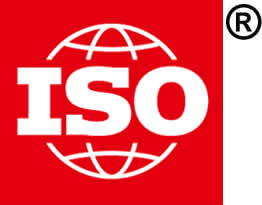Some historical background of sustainability
SUSTAINABILITY is a broad concept which refers to the capacity of the biosphere and human civilization to co-exist
Sustainability refers to three pillars which are ECONOMY, ENVIRONMENT and SOCIETY. Sustainable development is at the confluence of these three constituent parts
Because of such a wide definition and conceptualization, there are many different sustainability certification programs, both on a national and international scale.
Main sustainability certifications
- ISO 14001- international certification to assess the environmental impact of a certain activity
- ISO 9001- international certification for quality management systems, useful to ensure the organizations meet the demands of their customers and stakeholders

- EMAS- an environmental management system that enables organizations to assess, manage and improve their environmental performance

- EQUALITAS- a specific certification for the sustainability of a wine product
Assessing sustainable viticulture: the VIVA project
- VIVA (Sostenibilità nella viticultura in Italia) is a project by the Ministero dell’Ambiente e della Tutela del Territorio e del Mare, that started in 2011
- Its aim is to increase the sustainability of the viticulture chain using four indicators: AIR (to assess the climate footprint), WATER (to assess the water footprint), VINEYARD (to assess the impact of the agronomic practices) and TERRITORY (to assess the social- economic and cultural aspects)
- Learn more here: http://www.viticolturasostenibile.org/EN/VideoArchive.aspx
